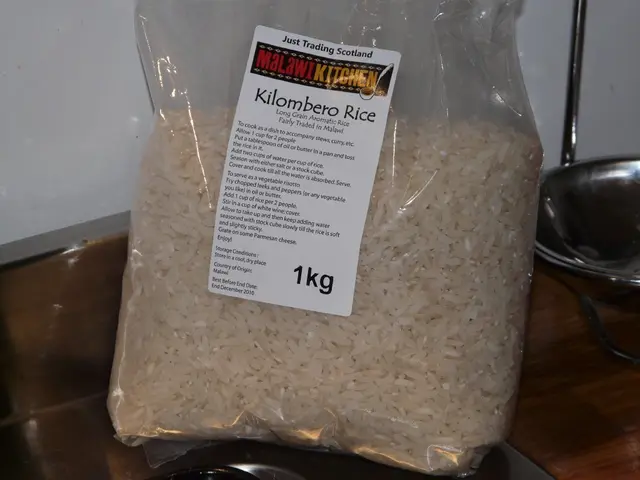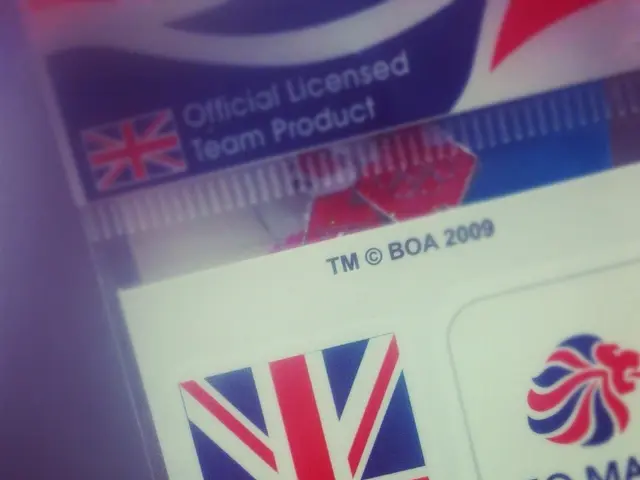Fresenius finds profitable operations in Helios clinics
Fresenius, Europe's leading healthcare conglomerate, is basking in the success of its transformation strategy, with revenue and profit figures soaring. This upward trajectory is looking to gain further momentum this year. Investors will undeniably take delight in hearing that the DAX-listed firm is distributing a chunk of its surplus cash once more.
The stellar performance of Germany's largest clinic chain, Helios, and the pharmaceuticals segment has significantly boosted Fresenius's profits. Last year, revenues swelled by six percent to an impressive €21.5 billion, as announced by the company's headquarters in Bad Homburg. Post adjusting for its stake in the dialysis specialist Fresenius Medical Care, Fresenius raked in €1.5 billion in profits, eclipsing the previous year's £1.3 billion. Shareholders will now relish a dividend of €1 per share after skipping this luxury last year due to energy subsidies for clinics.
This return of dividend payments is poised to spark investor enthusiasm. Fresenius shares skyrocketed by as much as 7.5 percent to €39.29, marking their highest level in nearly three and a half years, and it tops the DAX's performance chart.
Fresenius aims to substantially elevate both revenues and profits this year. Embracing cost-saving measures at Helios, where subsidies are no longer available, will propel this achievement. The company intends to optimize day-to-day clinical operations, such as decreasing patient stay durations and enhancing patient flow. It also plans to centralize hospitals under medical specialties and economize on procurement. Non-patient-related areas like IT will undergo modernization and consolidation, which could potentially trigger "personnel adjustments," according to Fresenius CEO Michael Sen, without disclosing the exact figures.
Reporting FMC as Financial Investment
Fresenius has engaged in years of restructuring, battling not just the challenges posed by the COVID-19 pandemic but also the consequences of an unsuccessful acquisition strategy that left it financially burdened. Now, under CEO Sen's leadership, Fresenius has refocused its attention on just two divisions - the pharmaceutical and medical technology company Kabi, and Europe's largest clinic operator, Helios, with over 80 hospitals in Germany. Several business units have been jettisoned, including the Eugin fertility clinic chain and the Austrian participation, Vamed. The global workforce has shrunk to roughly 176,500 personnel, a 9% reduction compared to the previous year.
Fresenius has set a mid-term revenue target of over €1 billion for the Kabi biopharma division. "We've surpassed €600 million already," said CEO Sen. The biopharma segment encompasses biosimilars and the contract development and manufacturing organization, mAbxience. Kabi boasts five biosimilars currently on the market and an array of products in development.
Dialysis specialist Fresenius Medical Care (FMC), which has previously issued profit warnings due to missed projections, will now be reported as a financial investment, contributing approximately a third of the firm's overall worth.
The success of Fresenius Medical Care, contributing significantly to Fresenius's overall worth, will be reported as a financial investment moving forward. This decision follows the dialysis specialist's history of profit warnings due to missed projections.
The change in reporting for FMC could potentially impact Fresenius's Dax index position, given its significant contribution to the company's revenues.
Fresenius's decision to report FMC as a financial investment is part of its broader strategy to focus on its pharmaceutical and medical technology divisions, such as Kabi and Helios. This shift aims to improve the company's financial performance and profitability.






